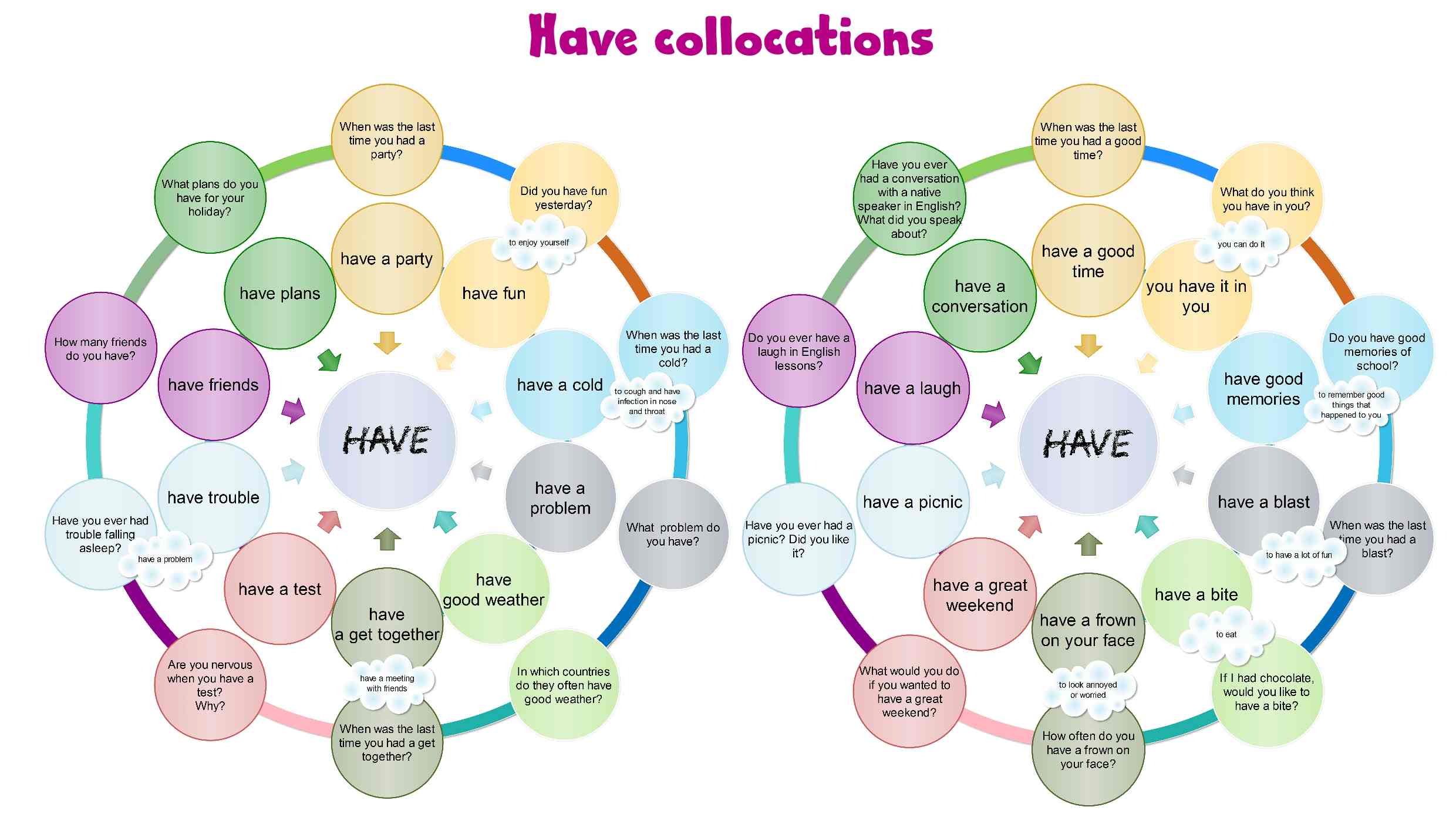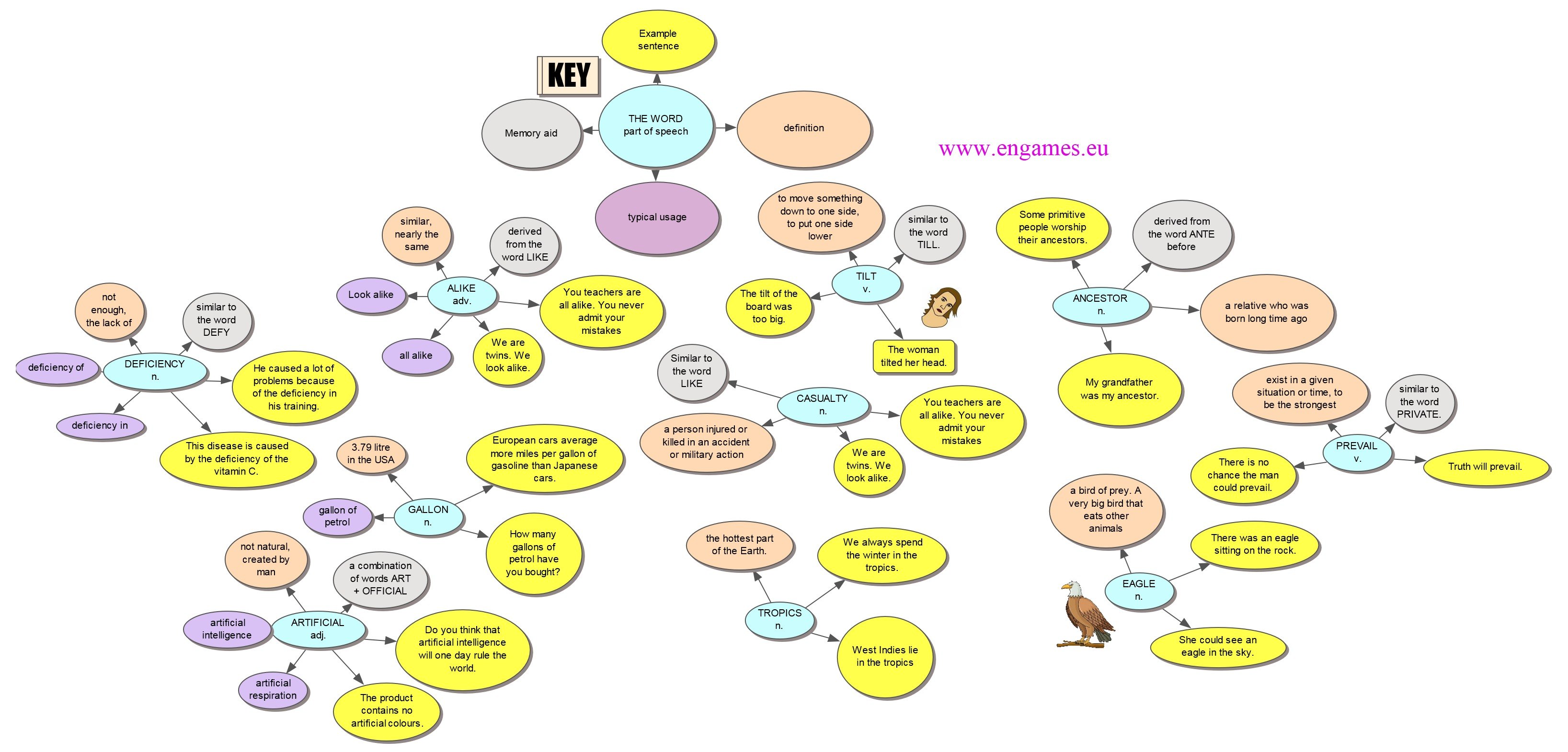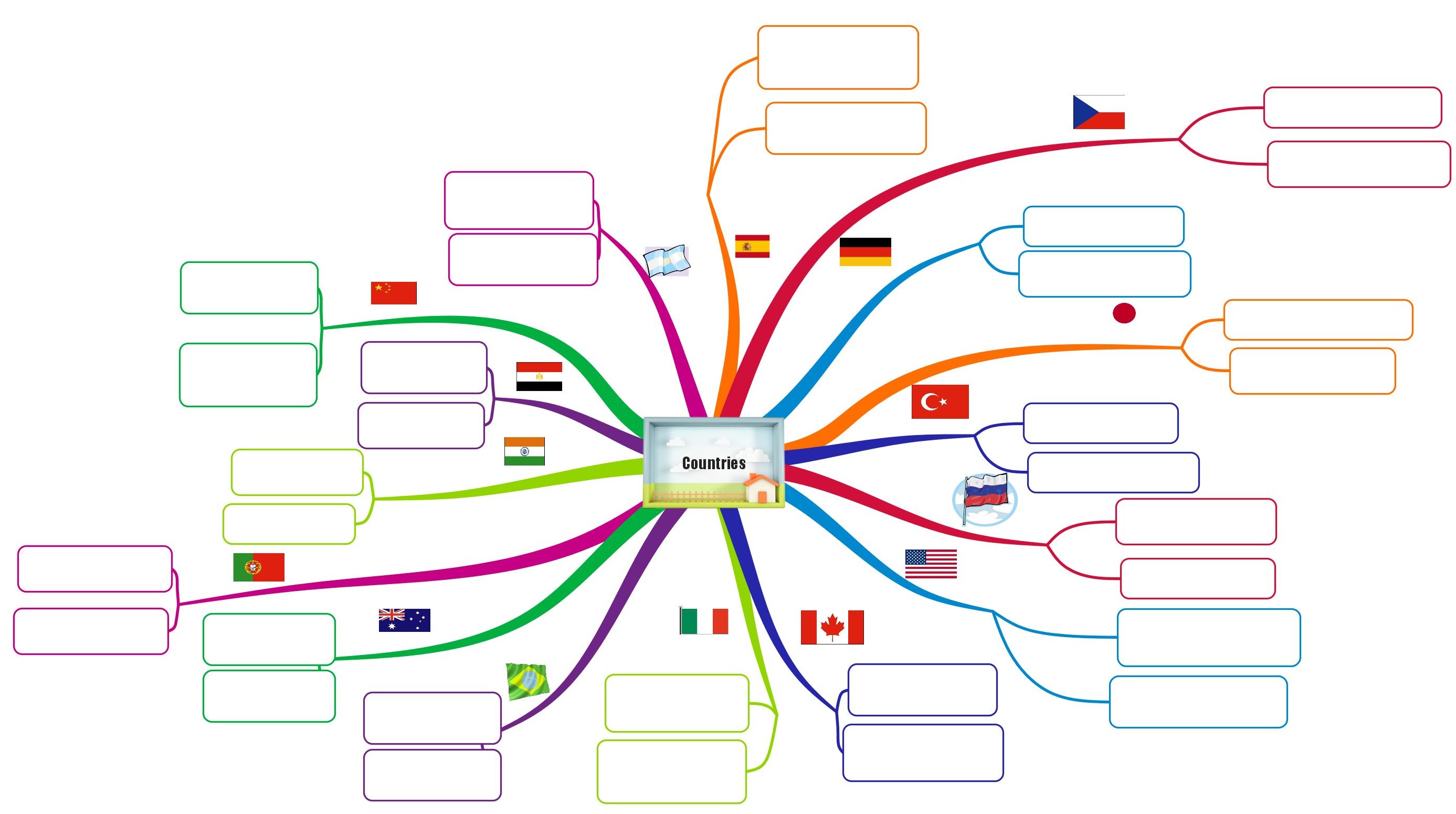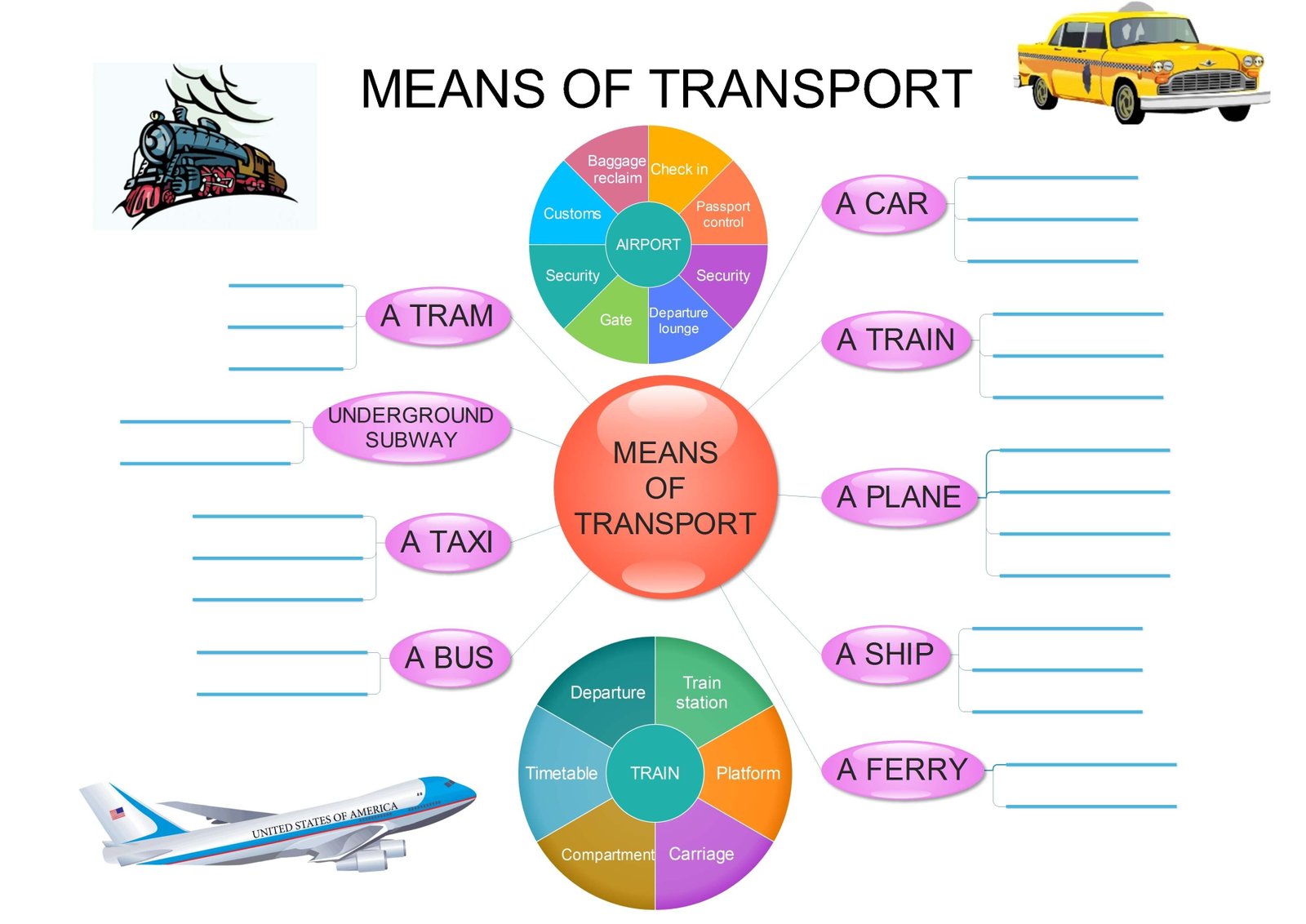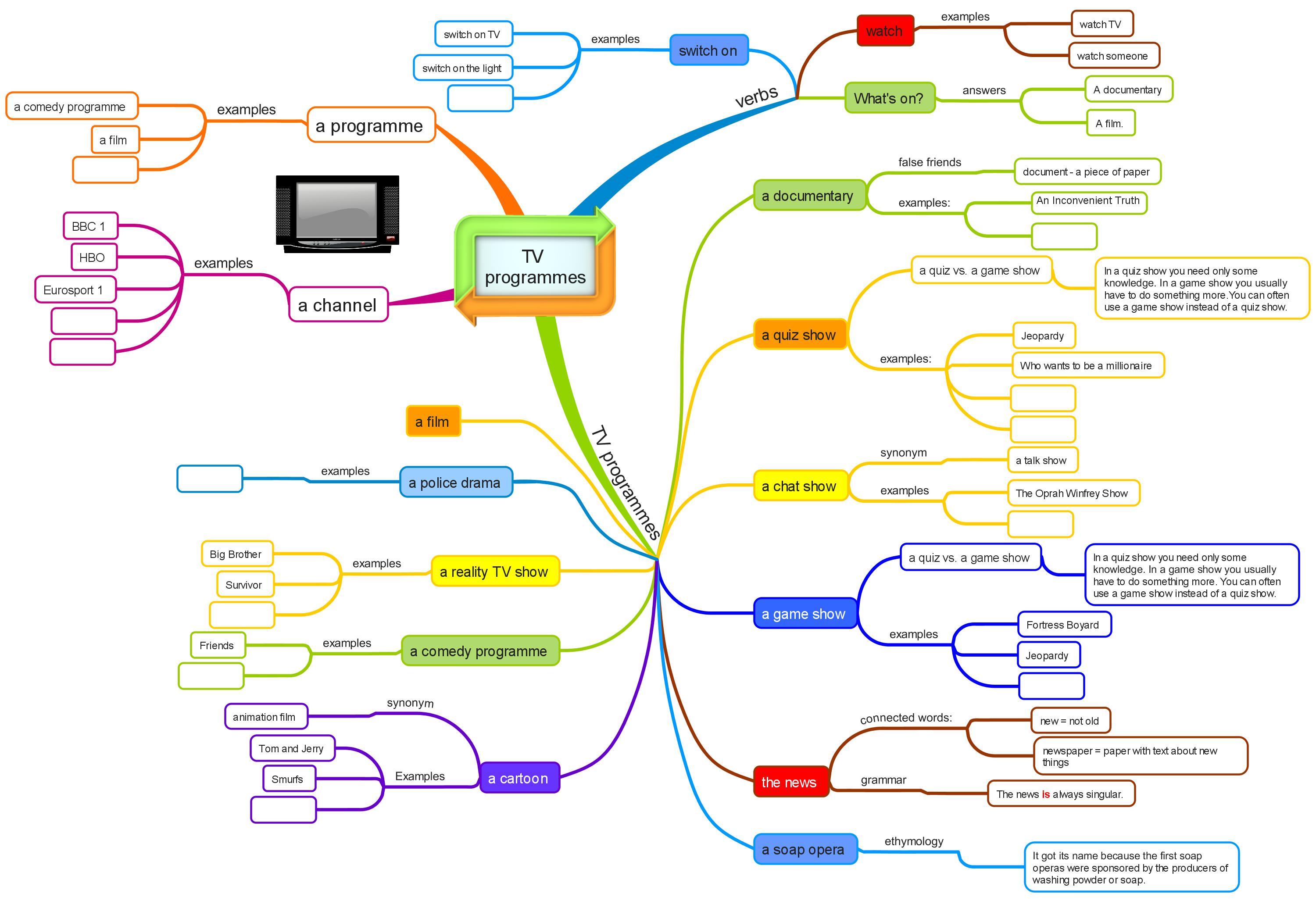Learn the collocations with have
Jason R. Levine produces some of the best videos for teaching and learning English online. You probably know his super famous rap on irregular verbs. However, for this post we agreed to create materials for another one of his videos. You will find materials here for his video on collocations with the verb HAVE. ADVERT:…
